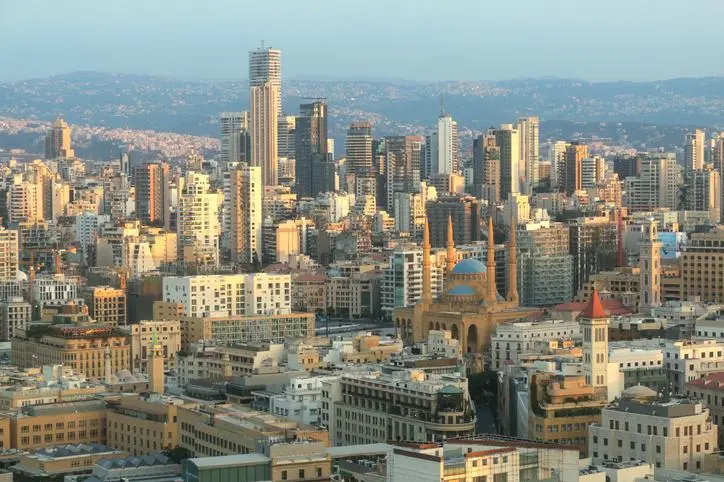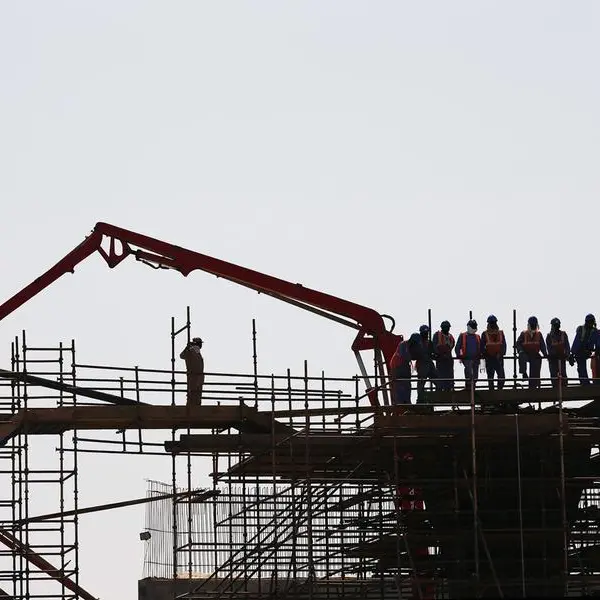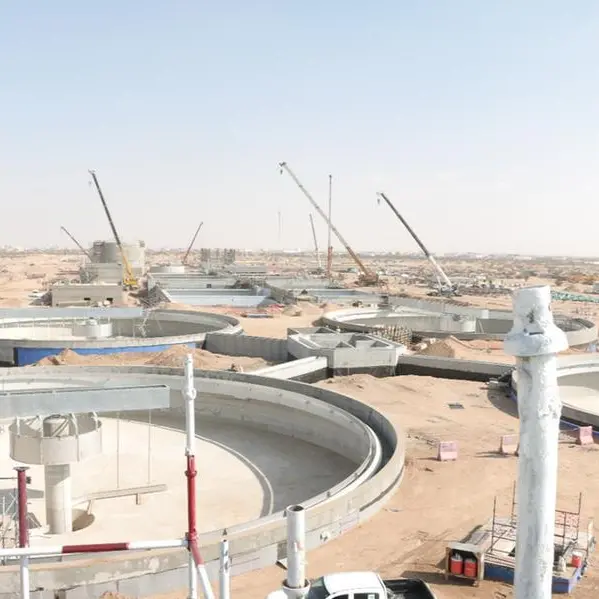PHOTO
Lebanon is on the edge and could plunge into a total financial and economic collapse after the failure of negotiations with the International Monetary Fund (IMF) for bailout due to rifts within the Lebanese government.
With a population of around 6.5 million, including nearly 1.5 million Syrian and Palestinian refugees, Lebanon is already suffering from massive debt, corruption and rocketing inflation and joblessness before the crisis was compounded by the spread of coronavirus that has caught the tiny Arab country off guard.
Lebanon is among few Arab countries that have not announced any stimulus or other measures to offset a sharp business downturn caused by the pandemic because of its ailing economy and severe cash shortages.
Instead, the new government that was formed in January with the aim of rescuing the economy, resorted to the IMF for urgent financial aid.
With the public debt reaching alarming levels due to persistent budget and balance of payment deficits, projects and businesses coming to a standstill, the local currency, the pound, losing more than two thirds of its value in a few months, and inflation rocketing by nearly 250 percent in few weeks, Lebanon is now teetering on the edge of a deep abyss.
"The situation in Lebanon has become extremely dangerous after most economic sectors reached a level of near collapse...this means that we are heading for an unknown future or even a deep abyss," the pro-government Al-Jomhouriya Arabic language newspaper said earlier this month.
"There is no room now for complacency...thousands of establishments and companies have shut down and thousands others are on the way to a complete closure...this means we will soon have an army of jobless people....what we need now is an urgent action plan that will prevent complete collapse of the economy and the state."
More than 15 rounds of negotiations with the IMF over the past two months have produced no results due to deep rifts within the Lebanese government towards the conditions for bailout by the Washington-based institution, according to the IMF.
Lebanon has sought around $10 billion in aid from the IMF but without agreement, it will not be able to obtain those funds nor around $11 billion pledged by international donors at a conference in Paris in 2018.
Saudi Arabia and other GCC states, which were key donors to Lebanon a decade ago, have been reluctant to provide aid on the grounds the government is dominated by the Hezbollah, a large Lebanese Shiite armed group backed by Iran.
"Lebanon needs Saudi Arabia and other Gulf states...without help from the GCC, the IMF and the West, Lebanon will not be able to stand on its feet...we fear a collapse or even total anarchy in the country," said Abdul Mawla Khalid, an editor at Almustaqal TV channel, which is owned by former Lebanese Prime Minister Saad Al-Hariri.
Finance Ministry figures showed Lebanon's public debt hit a record high of around $92 billion at the end of March, more than 160 percent of GDP, making Lebanon the second largest indebted nation after Japan relative to GDP.
The absence of agreement with the IMF has allied with a sharp shortage of foreign currency to depress the pound by nearly 75 percent of its value since the October public protests against corruption and joblessness.
The pound traded in the parallel market at around 9,000 to the US dollar although the official rate remains at 1,500. Meanwhile, prices of consumer products have soared by 200-300 percent while thousands of Lebanese have lost their jobs.
According to recent IMF projections, Lebanon's GDP could plummet by around 12 percent in 2020 due to the spread of Coronavirus and the financial crisis, which it described as the worst to hit Lebanon since independence more than 70 years ago.
"The current severe economic and financial crisis in Lebanon has its roots in a long history of failed attempts to execute credible economic policy," said Gabris Iradian, chief economist at the Institute of International Finance, which groups major Western banks.
"These failures reflected fundamental political economy factors and institutional weaknesses. Such domestic factors, exacerbated by a challenging external environment, led to a steady erosion of confidence in Lebanon and ultimately to the current crisis," he said in a recent report.
In an interview with Britain's Sky News TV, Finance Minister Raoul Nehme said the crisis has turned Lebanon into a "failed state" but he sounded optimistic about an IMF bailout.
"The chances of an IMF bailout are certain...no one will invest in the country without a framework in place through the IMF," he said.
(Writing by Nadim Kawach; Editing by Anoop Menon)
(anoop.menon@refinitiv.com)
#Lebanon #InternationalMonetaryFund(IMF) #Economy
Disclaimer: This article is provided for informational purposes only. The content does not provide tax, legal or investment advice or opinion regarding the suitability, value or profitability of any particular security, portfolio or investment strategy. Read our full disclaimer policy here.
© ZAWYA 2020





















